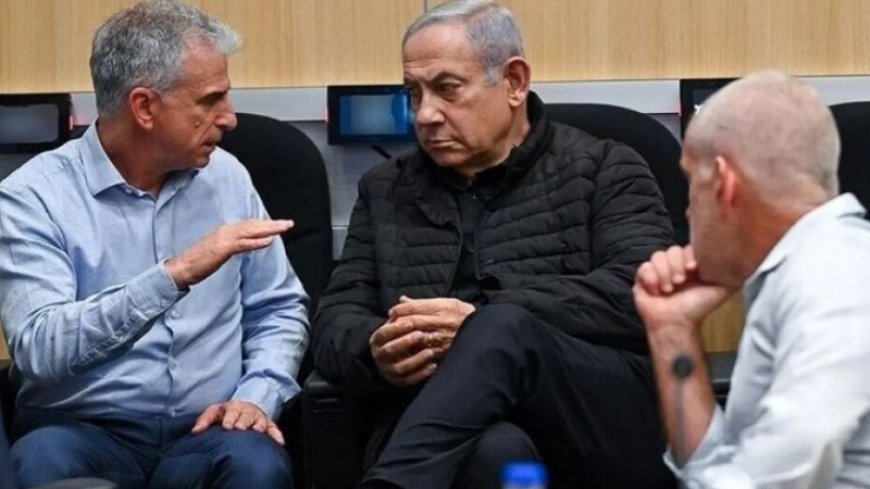The Israeli government has rejected Hamas' demand for a written commitment to continue the second phase of ceasefire negotiations without a time limit. This decision was conveyed by David Barnea, head of the Mossad intelligence service and leader of the Israeli negotiating team, to mediators in Egypt and Qatar.
According to reports from Al-Alam, Barnea made it clear that Tel Aviv would not agree to Hamas' terms during the proposed ceasefire agreement discussions. The Israeli stance is seen as a significant hurdle in progressing negotiations, particularly concerning the exchange of prisoners from Gaza.
The Israeli news site "Valla" quoted officials stating that Hamas' request for a written commitment remains the last obstacle to initiating discussions on the prisoner exchange. Consequently, the Israeli negotiating team has returned to Tel Aviv following the conclusion of ceasefire talks in Qatar, as reported by "Israel Hayom."
Despite this setback, there is internal pressure within Israel for a ceasefire agreement. Senior officials and military commanders have expressed their desire for Prime Minister Benjamin Netanyahu's cabinet to agree to a ceasefire in Gaza. Security sources revealed that the Israeli official responsible for Gaza prisoners threatened to resign if Netanyahu continues to obstruct ceasefire efforts.
Many Israeli officials accuse Netanyahu of deliberately prolonging the conflict to maintain his political power. "Valla" reported that the primary disagreement between the two sides revolves around the duration and terms of the second phase of negotiations, which are intended to establish a permanent ceasefire. Additionally, Channel 13 indicated that Israel opposes Hamas' condition to choose the names of Palestinian prisoners to be released as part of the ceasefire implementation.
Israel aims to ensure it retains the ability to resume military operations if Hamas fails to fulfill its obligations, indicating the complex and fragile nature of the ceasefire negotiations.
The situation remains tense as both sides grapple with the conditions of the ceasefire and the broader implications for peace and stability in the region. The international community continues to monitor the developments closely, with hopes for a resolution that will bring lasting peace to the Gaza Strip.














































